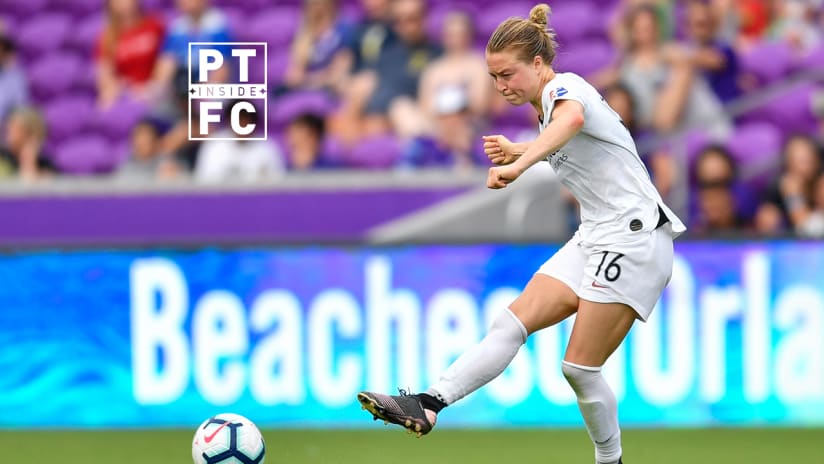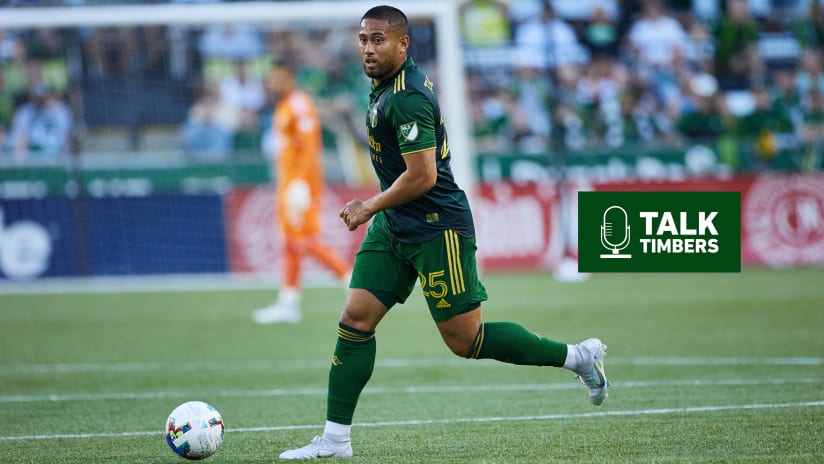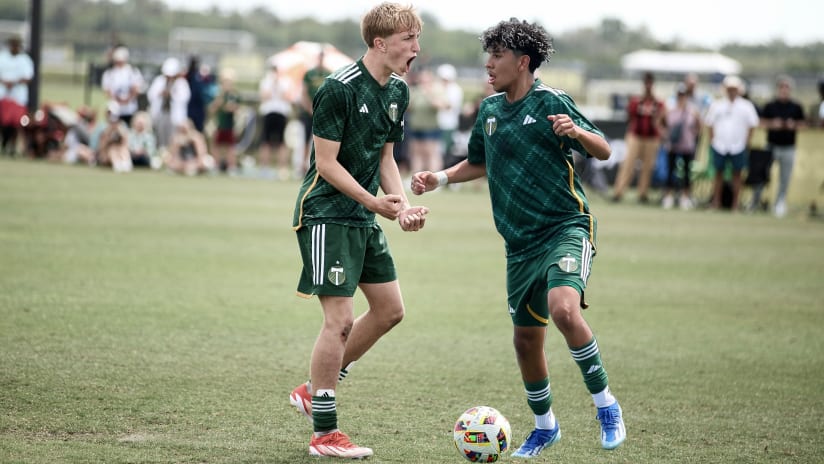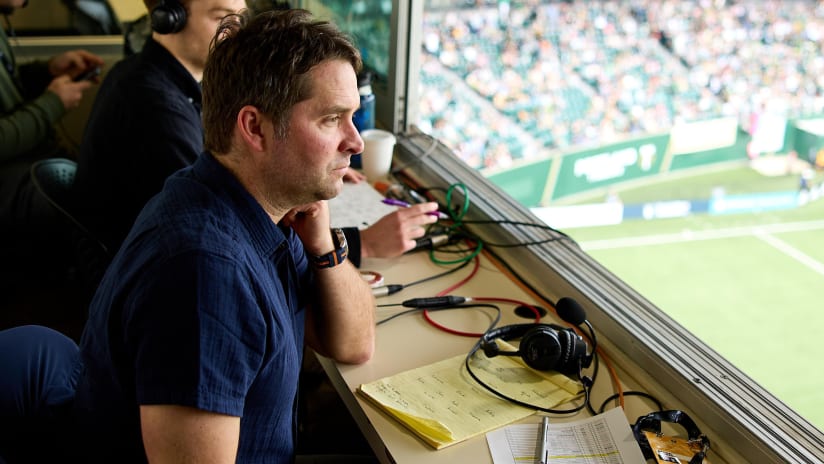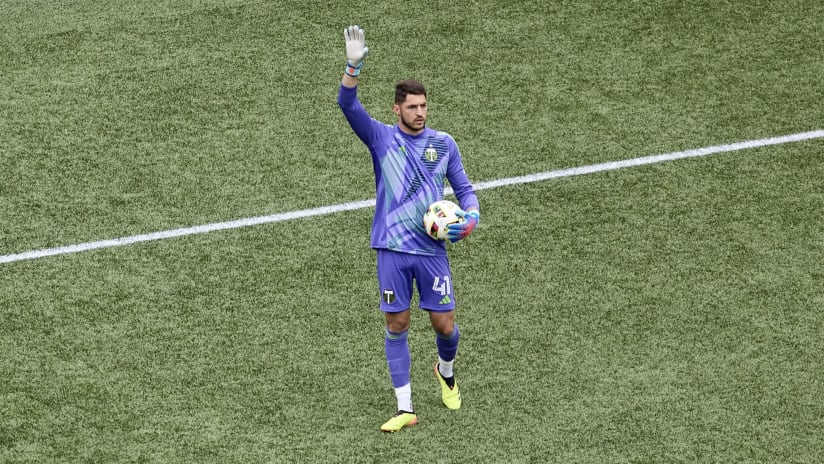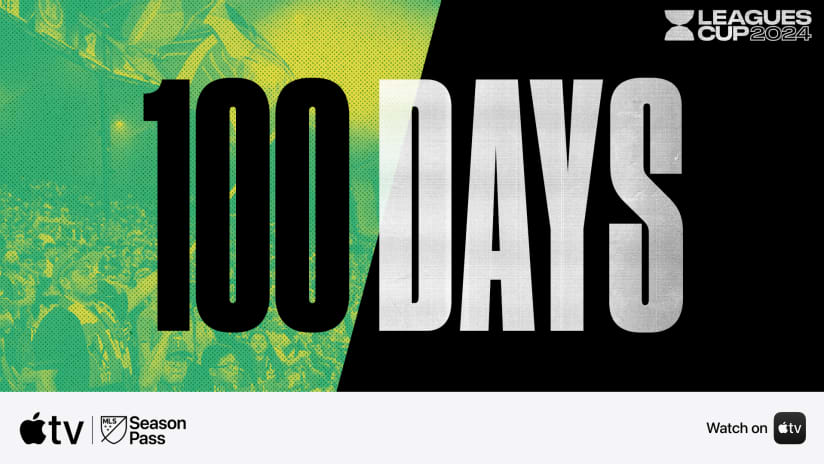There will come a time when we can stop talking about Portland Thorns FC's defense as if it’s floating in solution, in the middle of a petri dish, being passed from microscope to microscope. It’s as if there’s a lab full of grad students in white coats passing around samples, sharing pithy, technical missives about the line’s chemistry and composition. “Fascinating,” they keep saying, as if no grad student had ever used the term, before – as if they’re not something I made up, on the spot, right now.
Nobody talked this much about that Thorns defense in 2016 and 2017, mostly because, back then, the goal prevention was so good. But this is sport, where narrative dominates, and conflicts fortify it all. Right now, the Thorns’ key conflict is between its vision and reality, and because the team’s standard slipped slightly, last year, Portland’s defense is in focus.
Still, if the Thorns defense can make Sunday’s performance less exception than rule, our investigation can, eventually, move on. With their 2-0 win over the Pride in Orlando, Portland not only had one of their most convincing starts to an NWSL season, but they turned a month’s worth of talk, anticipation and uncertainty into action. The expectations the team set of themselves at one end of the field went from hype to results, and the defense looked closer to its 2016 and 2017 self.
“Three points is a must, but a clean sheet is gigantic for us, not only psychologically,” head coach Mark Parsons said, on Sunday. “Because we’re putting a lot of work into team defending and individual defending.”
Those last five words, and the categories they create, deserve some extra attention, as they implicitly define two levels at which the Thorns will be expected to improve. The first is the general, overarching part – team defending. It’s the scheme, concept, collection of principles the squad will be expected to enforce. At times, this was a problem last season, as Portland saw the number of big chances they were allowing opponents skyrocket.
There’s another layer, though, that’s there to protect you when the scheme breaks down, or no longer matters. That’s where individual defending has to be evaluated. You can think of this as the one-on-one battles fullbacks have to win in wide spaces, or the ones center backs have to control aerially, in the penalty area. But it’s also something more impromptu. When plans break down, can you, as an individual, make the correct decisions, execute in the right way, to prevent the worst? Are you prepared to take personal responsibility for preventing goals?
When that happens, soccer becomes a very difficult game for attacking players. They’re usually outnumbered to begin with, relying on attempt after attempt to create the series of defensive mistakes, ones that, eventually, produce good chances. It’s not one mistake (say, an improperly set defensive line) that yields chances. It’s also the lack of response. The midfield has to allow time, that line has to be beat, defenders have to fail to respond and the goalkeeper has to be bested. Very, very rarely does an isolated mistake produce a goal on its own.
In terms of the team concept, Portland’s Sunday performance produced numbers that go beyond a reasonable standard. Orlando only tested goalkeeper Adrianna Franch once, and that was in the 92nd minute. There were two other times the Pride hit Franch’s woodwork, but until the game became 2-0 early in the second half, the game was almost exclusively played in Orlando’s half of the field. Over the competitive part of Sunday’s match, the Thorns defense was stellar.
The underlying numbers bear that out. Opta keeps a statistic it calls “Big chances,” which the league’s statistical partner defines as “A situation where a player should reasonably be expected to score usually in a one-on-one scenario or from very close range.” Last season, teams averaged 4.54 big chances created per game. On Sunday, the Thorns generated four, but they only allowed one to Orlando. They only allowed the Pride 37 passes into the final third of the field (last year’s average: 161) and 105 completed passes in the Thorns’ half (last year’s average: 363).
Those numbers are so low, you have to suspect the Pride’s play was a huge factor. But to get that far below an expected, average result, you usually need a combination of factors. The Thorns’ play certainly has to be one of them.
| Indicator | 2018 NWSL Average | Thorns defense, Sunday |
|---|---|---|
| Big chances, allowed | 4.54 | 1 |
| Final-third entry passes, allowed | 161 | 37 |
| Successful passes, attacking half, allowed | 363 | 105 |
(Important note: For some reason, all the attacking indicators, above, were way down in week one of the 2019 NWSL season, so much so that we need this caveat. Big chances were down by 41 percent, final-third entries down by 35 percent, and passes in opponents’ halves down by 35 percent, also. That might be just week one in the NWSL; a stylistic shift that’s happening; a sample-size issue; or, a change in how Opta’s recording the numbers. Regardless, on with your post.)
Among Sunday’s other important factors is the Parsons’ second element: the individual defending. After a preseason of defender after defender talking about how much the team was prioritizing goal prevention, the backline went out and walked the walk. It wasn’t the perfect game, as Orlando did have some chances, but no coach ever goes into a game expecting perfection. They all expect effort, and on Sunday, efforts like this one, as players laid out to block shots in a very dangerous moment …
… and this one, with a midfielder fighting deep in a corner to earn a clearance …
… and this one, with a left winger tracking all the way back to the edge of her penalty box to earn a turnover …
… make the Thorns’ priorities clear. When the system didn’t yield the desired results, or something wavered in the team’s execution of their principles, individual responsibility won out. There was an urgency, even when the team was up two goals, behind the idea of a clean sheet; or, perhaps more than that, there’s a realization that, when you’re chasing the standards of 2016 and 2017 – and you proved, in each of those seasons, that those standards are achievable – every moment, of every game, goes into producing those results.
Don’t expect that urgency to wane this weekend. Because for as much attention as players like Alex Morgan and Marta demand from a defense, Chicago’s Sam Kerr demands even more. This weekend, across from the likes of Emily Sonnett,Katherine Reynolds, Ellie Carpenter and Meghan Klingenberg, the Thorns will face what might be the best attacker in the world.
If Kerr can be kept off the scoresheet, it might be time for this conversation to move on. Until then, performances like Sunday’s are part of a process, one that sees the Thorns fighting to become their formers selves.

